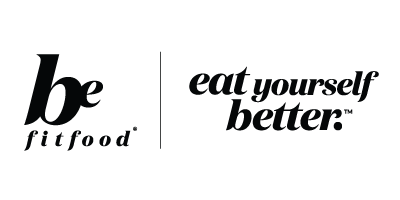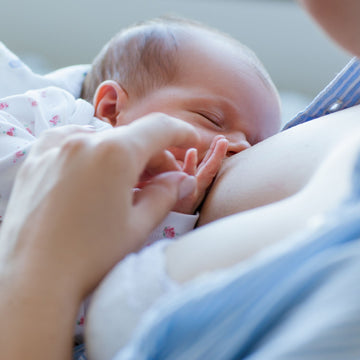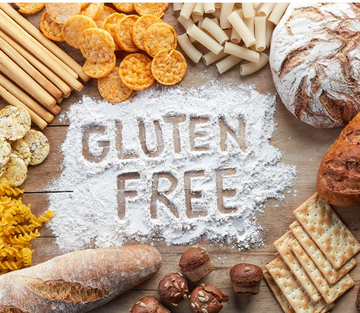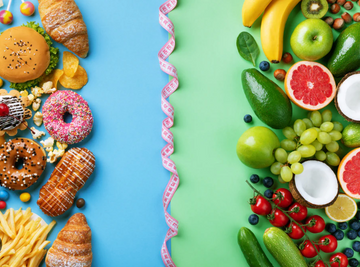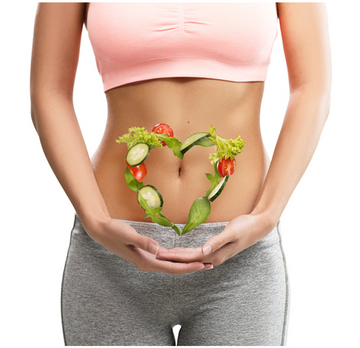First things first, before you start considering a weight loss goal after giving birth, you need to make sure you are giving yourself realistic goals and expectations. Gaining weight during pregnancy is necessary and often took nine months for you to gain, so setting yourself a nine-month goal to get back to your pre-pregnancy weight is a good place to start.
While you are breastfeeding, your nutritional needs are increased. This is due to the demand on your body to supply sufficient nutrients to your growing bub. Your body is able to partly compensate for the additional nutrients required by using nutrients more efficiently, and you will usually have a natural increase in appetite as well. You can meet the extra nutrient and energy requirements by eating slightly more of your regular healthy diet. Your body will also use some of that fat stores from pregnancy as an energy source.
All new mums vary in regards to losing the extra weight from pregnancy. Some will begin to lose it in the early weeks, some later, and some not until after they stop breastfeeding. Even though producing breast milk uses up energy (approximately 850 calories a day!), generally a natural weight loss will occur in the first six months of exclusively breastfeeding, the research is still unclear in regard to if breastfeeding actually increases weight loss after childbirth.
It is not recommended to undertake rapid weight loss in the early stages of breastfeeding.
This is to ensure that your breast milk supply remains constant. Breast milk or infant formula provides all of the necessary nutrients for babies from birth to six months. Solids should be introduced to babies at 6 months of age, as an addition to breast milk and/or formula. This is an appropriate time to commence intentional weight loss, as there will be a natural decrease in breast milk or formula feeds and an increased intake of solid foods by your baby.
While breastfeeding, it is best to lose the extra weight gradually, and to eat a healthy & wholesome diet.
Be Fit Food meals are nutritionally balanced in that they do not exclude food groups, provide variety, are high in protein, and include 4-12 different vegetables per meal. If you are doing Be Fit Food for weight loss, then we would suggest choosing one of our Be Lean programs, which consists of 4 to 5 small meals per day and protein snacks. A loss of up to about half a kilo per week is safe for breastfeeding mothers and should not effect your milk supply.
Additionally, we suggest bulking out your meals with extra vegetables from the ‘Allowed Extras’ information sheet. You can also include an extra snack from this list throughout the day, especially snacks that are protein-rich. Be Fit Food meals contain a minimum of 20g protein per serve (15g protein for vegetarian and vegan options). Therefore, you will be consuming at least 80g-100g protein per day on Be Lean 1200 from the meals and snack provided (plus a little more from the ‘Allowed Extras’ foods too).
The most important thing you can do is to monitor your breast milk supply. Secondly, drink extra water above your current water intake. You require an extra 500-1500ml per day whilst breastfeeding full-time.
If you strongly feel that you need to rapidly lose a lot of weight in the earlier stages of breastfeeding, please contact your GP or reach out to one of our BFF dietitians. You can call 1300 263 257 or email dietitian@befitfood.com.au
